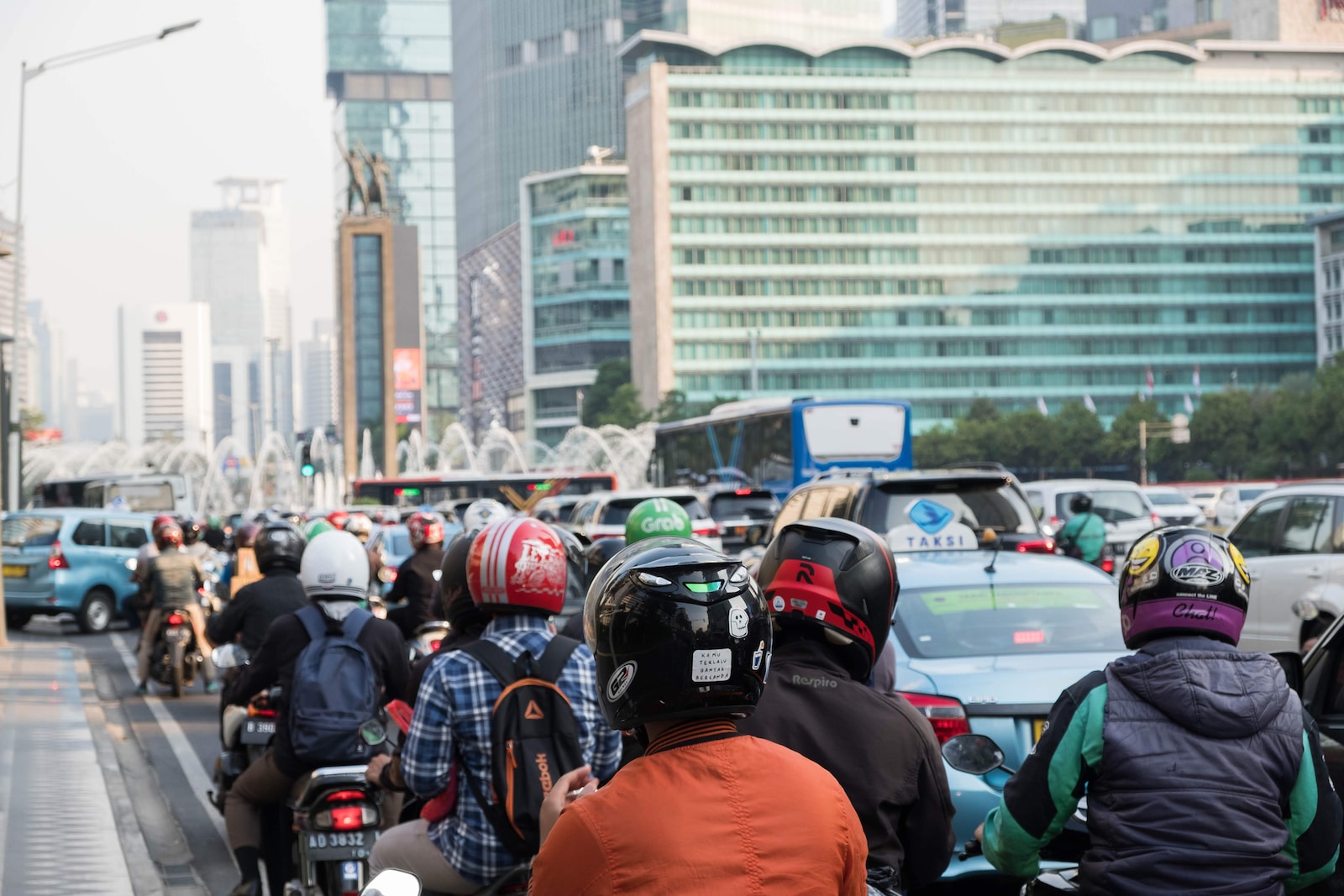The far-right officials criticized Prime Minister Benjamin Netanyahu’s response to this week’s cross-border strikes and twin attacks on civilians, and the organizers of large-scale anti-government protests said they would like the demonstrations to continue later in the day, putting the Israeli government in a precarious situation on several fronts on Saturday.
This week, raids by Israeli police on one of Islam’s holiest shrines provoked a 12-hour-long outbreak of unrest that threatened to spread throughout the region. When rockets from both Gaza and southern Lebanon were fired into Israeli airspace, injuring a civilian and causing property damage, the military conducted airstrikes on what it believes to be Hamas-affiliated targets in both locations.
Following statements from Netanyahu’s cabinet and the Israel Defense Institute, there was a de-escalation, at least on the regional frontThe most far-right and religiously conservative government coalition in Israeli history saw Netanyahu return to power late last year. His position has become more precarious as the more extremist characters he depends on to govern clamor for harsher measures, as evidenced by the coalition leaders’ response this week.
Israel’s ongoing conflict is a result of the division of British Mandate Palestine into Arab and Jewish nations after World War II-era atrocities committed against Jews. The post-partition fighting resulted in the displacement of hundreds of thousands of Palestinians, and the region is currently split between the State of Israel and the occupied West Bank and Gaza Strip.
Violence has increased since the current administration took office in December, especially in the West Bank as Israeli settlements there have increased.





